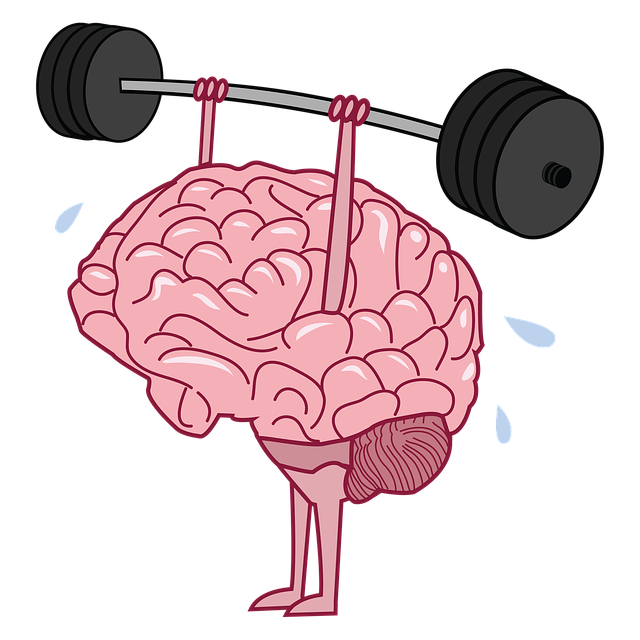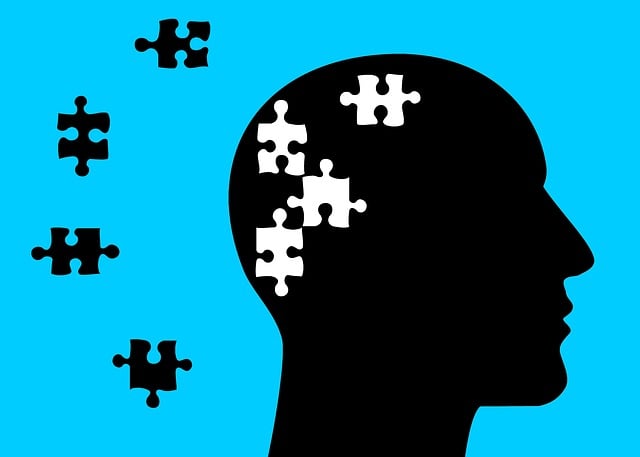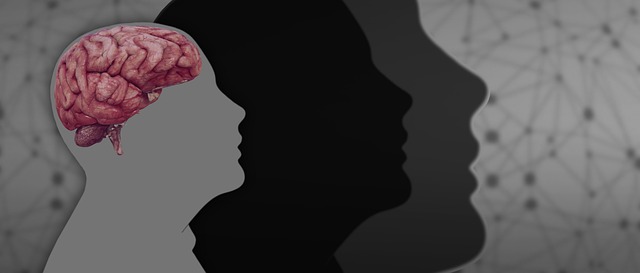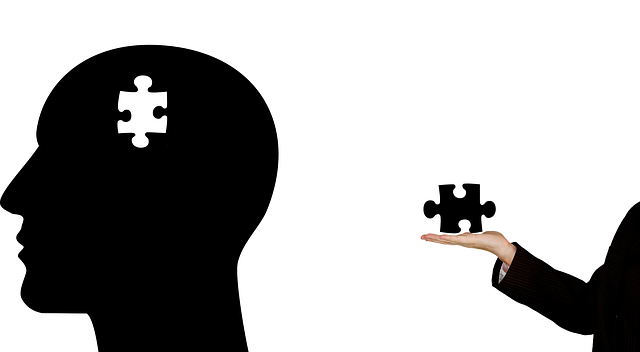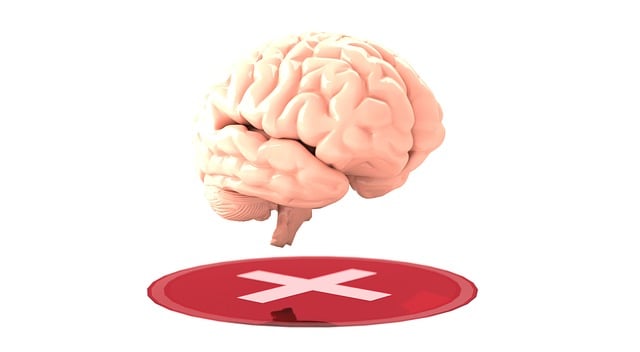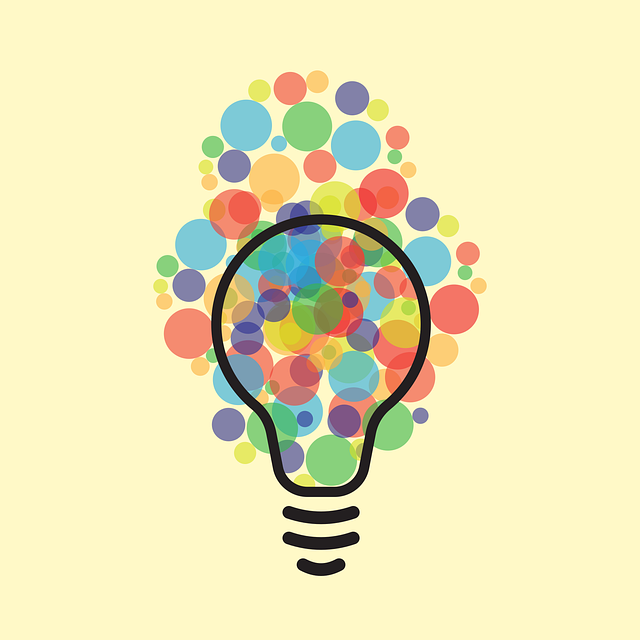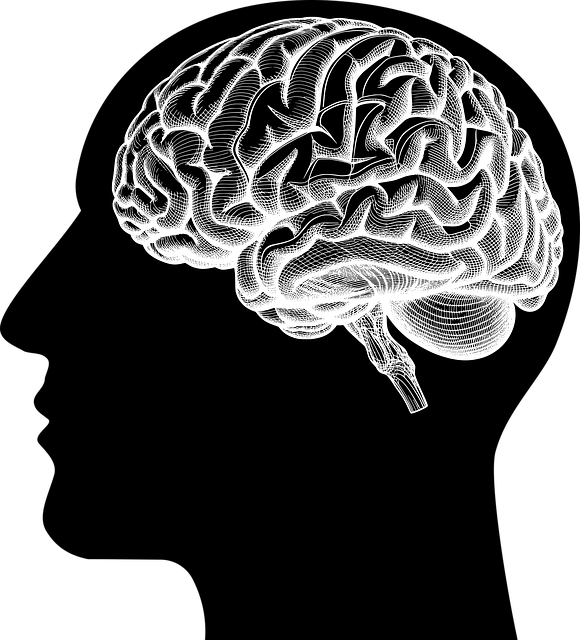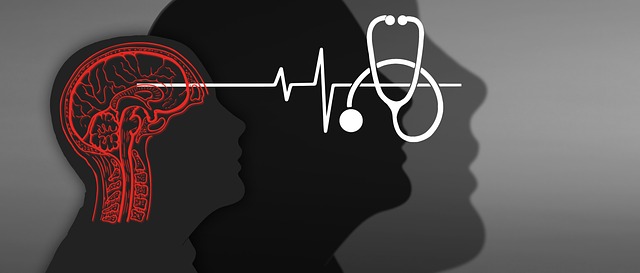Mental wellness journaling has emerged as a popular therapy for adults German speaking, offering a structured yet personal space for self-reflection through writing thoughts, feelings, and experiences. Accessible without traditional therapy, it helps individuals understand mental states, identify stress triggers, and manage mental health proactively. Journaling documents progress over time, providing tangible evidence of growth and resilience. Regular practice has proven effective in promoting mental wellness among German-speaking adults, serving as a valuable tool for therapy and crisis intervention, while fostering self-compassion, emotional balance, and personal development.
“Unleash the transformative power of mental wellness journaling—a tailored practice designed specifically for German-speaking adults seeking improved emotional well-being. This article explores how dedicated journaling can enhance therapy sessions and foster profound self-reflection. We’ll guide you through the process, from understanding its benefits to creating a personalized journal that caters to your unique needs. Discover effective techniques and prompts to capture thoughts, emotions, and progress, ultimately empowering you on your journey towards mental wellness.”
- Understanding Mental Wellness Journaling: A Powerful Tool for German-Speaking Adults
- Benefits of Regular Journaling Practice in Promoting Therapy and Self-Reflection
- Creating Your Journal: Customizing It to Your Needs and Preferences
- Effective Techniques and Prompts for Capturing Thoughts, Emotions, and Progress
Understanding Mental Wellness Journaling: A Powerful Tool for German-Speaking Adults

Mental wellness journaling has emerged as a powerful tool for German-speaking adults seeking to improve their mental health and overall well-being. This practice involves writing down thoughts, feelings, and experiences in a structured yet personal way, offering a safe space for self-reflection and processing emotions. For those who may not readily access traditional therapy or support services like Crisis Intervention Guidance, Healthcare Provider Cultural Competency Training, or Trauma Support Services, journaling provides an accessible alternative.
By jotting down their daily struggles and triumphs, German-speaking adults can gain valuable insights into their mental states and identify patterns that contribute to stress, anxiety, or depression. This process fosters self-awareness and empowers individuals to take proactive steps towards managing their mental health. Additionally, journaling allows for the documentation of progress over time, providing tangible evidence of growth and resilience—a testament to one’s ability to navigate life’s challenges with increasing adaptability and strength.
Benefits of Regular Journaling Practice in Promoting Therapy and Self-Reflection

Regular journaling has been shown to be a powerful tool for promoting mental wellness and enhancing therapeutic practices, especially for adults speaking German. This simple yet profound habit allows individuals to engage in self-reflection, providing an intimate space for processing emotions, thoughts, and experiences. By jotting down their daily reflections, people can better understand their triggers, patterns of behavior, and emotional responses, which is particularly beneficial for those seeking therapy.
The practice offers a safe and private avenue for exploring personal growth, with research highlighting its positive impact on anxiety relief and even social skills training. It serves as a form of crisis intervention guidance, enabling individuals to gain perspective during challenging times. Through regular expression, one can cultivate self-awareness, foster emotional intelligence, and develop healthier coping mechanisms, ultimately contributing to improved mental health and well-being.
Creating Your Journal: Customizing It to Your Needs and Preferences

Creating your mental wellness journal is a powerful step towards prioritizing self-care and cultivating better mental health, especially for adults in the German-speaking world who may seek alternative therapy methods. Start by choosing a notebook or digital document that feels comfortable to you. Consider its size, whether you prefer lined pages or unruled, and the type of paper—all these choices should align with your personal preferences and encourage consistent writing.
Personalize your journal by adding sections that resonate with your specific needs. For instance, include prompts for tracking your daily emotions, setting positive affirmations, jotting down accomplishments, or reflecting on moments of gratitude. Incorporating practices like mindfulness meditation or short breathing exercises within the journal can also aid in stress reduction and burnout prevention. Remember, the goal is to create a space that fosters reflection, self-awareness, and ultimately, supports your journey towards improved mental wellness.
Effective Techniques and Prompts for Capturing Thoughts, Emotions, and Progress

Capturing your thoughts, emotions, and progress through journaling is a powerful tool for self-reflection and mental wellness, especially when combined with therapy for adults German speaking. Effective techniques involve setting aside dedicated time each day to write freely, allowing yourself to explore and express whatever comes to mind. Start by jotting down key events or feelings from your day; this can serve as a stepping stone to deeper insights.
Prompts like “What made me feel seen today?” or “How did I cultivate compassion for myself?” encourage introspection. Incorporate cultural sensitivity in mental healthcare practice by reflecting on any cultural nuances influencing your experiences. Mental wellness is enhanced when you create space for these reflections, fostering a practice of self-compassion cultivation practices that can support your journey towards emotional balance and growth.
Mental wellness journaling offers a valuable therapy tool for German-speaking adults seeking self-reflection and improved mental health. By consistently recording thoughts, emotions, and progress, individuals can gain profound insights and develop healthier coping mechanisms. This practice fosters personal growth, enhances self-awareness, and provides a safe space to explore complex feelings. For those in need of additional support, it serves as a powerful complement to traditional therapy for adults German speaking, empowering them to take charge of their mental wellness journey.
